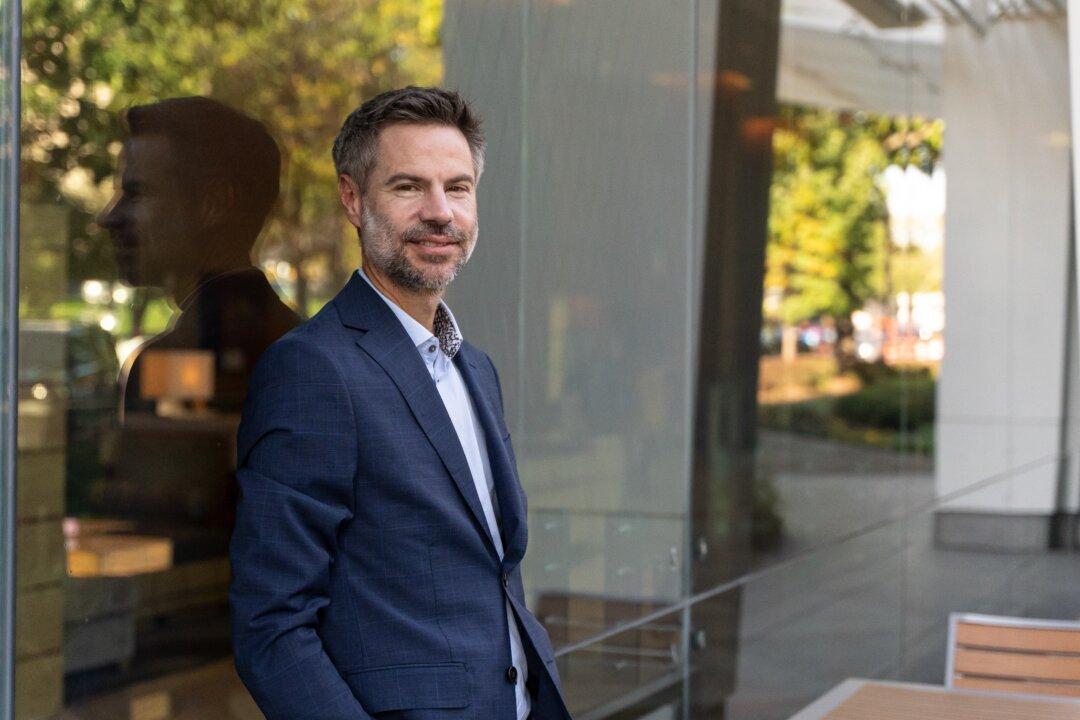California-based energy expert Michael Shellenberger has argued that the lack of media reporting on the healthy state of the planet and a decline in natural disasters and deaths was “one of the worst cases of climate misinformation and disinformation.”
Mr. Shellenberger, co-founder of the Breakthrough Institute and the California Peace Coalition, disputed the mainstream narrative about climate change, asserting that “high energy” societies were the best way to resolve environmental issues, in a speech to the Alliance for Responsible Citizenship (ARC) Conference in London on Oct. 31.




